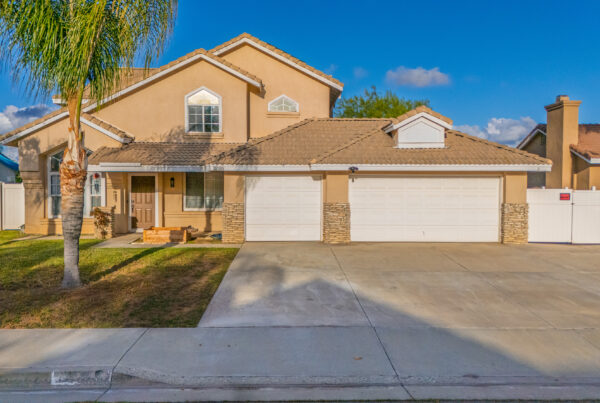Definition of Operating Rules
“Operating Rules” refer to any regulations that govern the management and operation of a common interest development or the conduct of its business and affairs. According to Civil Code § 4355(a), “Operating Rules” specifically include regulations related to:
- Use of common areas or exclusive use common areas.
- Use of individual units, including aesthetic or architectural standards for alterations.
- Member discipline, including schedules of monetary penalties for violations and procedures for imposing penalties.
- Payment plans for delinquent assessments.
- Resolution of assessment disputes.
- Approval or disapproval of proposed physical changes to individual units or common areas.
- Election rules.
Exceptions to Operating Rules
Certain decisions are exempt from the definition of “Operating Rules” and are not subject to the requirements of Civil Code sections 4360 and 4365, as outlined in Civil Code § 4355(b). These exceptions include:
- Decisions regarding maintenance of common areas.
- Decisions on specific matters not intended to apply generally.
- Decisions setting the amount of regular or special assessments.
- Rule changes mandated by law, where the board has no discretion over the substantive effect.
- Issuance of documents that merely reiterate existing laws or governing documents.
Authority to Make Rules
Associations must have rulemaking authority, either statutorily or through their governing documents, before enacting rules and regulations (Civ. Code § 4350(b)). While older documents may lack explicit rulemaking authority, newer developments typically include it, as required by the Department of Real Estate (Cal. Code Regs, tit. 10, § 2792.21(a)(7)). Boards can adopt rules once rulemaking authority is established. In the absence of such authority in governing documents, associations still have statutory authority to adopt rules for specific matters, such as:
- Election Rules (Civ. Code § 5105)
- Architectural Rules (Civ. Code § 4765)
- IDR Policies (Civ. Code § 5905)
- Collection Policies (Civ. Code § 5730)
Notice of Proposed Changes
Before adopting or amending an operating rule or changing the fine schedule, the board must provide general notice of the proposed rule change at least 28 days in advance (Civ. Code § 4360(a)). The notice must include the text of the proposed change and a description of its purpose and effect. Immediate rule changes are permitted without notice if necessary to address imminent threats to public health or safety or substantial economic loss to the association.
Member Comments
Decisions on proposed rule changes must be made at a board meeting after considering comments from association members (Civ. Code § 4360(b)). While the board must consider member comments, it is not obligated to adopt them.
Notice of Adoption
Only CC&Rs are recorded, not rules, bylaws, or articles of incorporation. The board must notify the membership within 15 days of adopting or changing a rule (Civ. Code § 4360(c)). Rules become effective upon written notice to the membership.
Reasonableness of Rules
Rules and regulations do not receive the same presumption of reasonableness as CC&Rs. The reasonableness of a rule is determined by its impact on the common interest development as a whole, not by specific homeowner circumstances. To be enforceable, operating rules must meet the following criteria (Civ. Code § 4350):
- The rule is in writing.
- The rule is within the board’s authority as conferred by law or governing documents.
- The rule does not conflict with governing law or documents.
- The rule is adopted, amended, or repealed in good faith and in substantial compliance with legal requirements.
- The rule is reasonable.
Membership Veto
Members owning 5% or more of the separate interests may call a special meeting to reverse a rule change (Civ. Code § 4365). The written request must be delivered within 30 days of notification of the rule change. The rule change can be reversed by a majority vote at a duly held meeting with a quorum present. The board must notify members of the special meeting and send out ballots. Results must be provided within 15 days of the vote. If reversed, the rule cannot be re-adopted for at least one year, although other rules on the same subject may be considered.
Emergency Rule Changes
The board can make emergency rule changes without a 28-day waiting period if necessary to address imminent threats to public health or safety or substantial economic loss. Emergency rules take effect upon notice to the membership and are valid for up to 120 days (Civ. Code § 4360(d)).
Nonsubstantive Changes
Corrections to grammar or renumbering provisions do not trigger the 28-day notice period, as they do not constitute rule changes. However, the board must distribute a clean set of rules with an explanation of the corrections made.
Annual Notice
Once rules are adopted and distributed, they do not need to be distributed annually. New members receive copies through escrow. Rule changes need only be distributed once upon adoption. Disciplinary policies must be distributed annually.
Frictionless Property Management

California Property Managers.
Connect with the premier property management team.
Looking for a full list of management services?
Looking for residential management?
Download the price guide and proposal.



